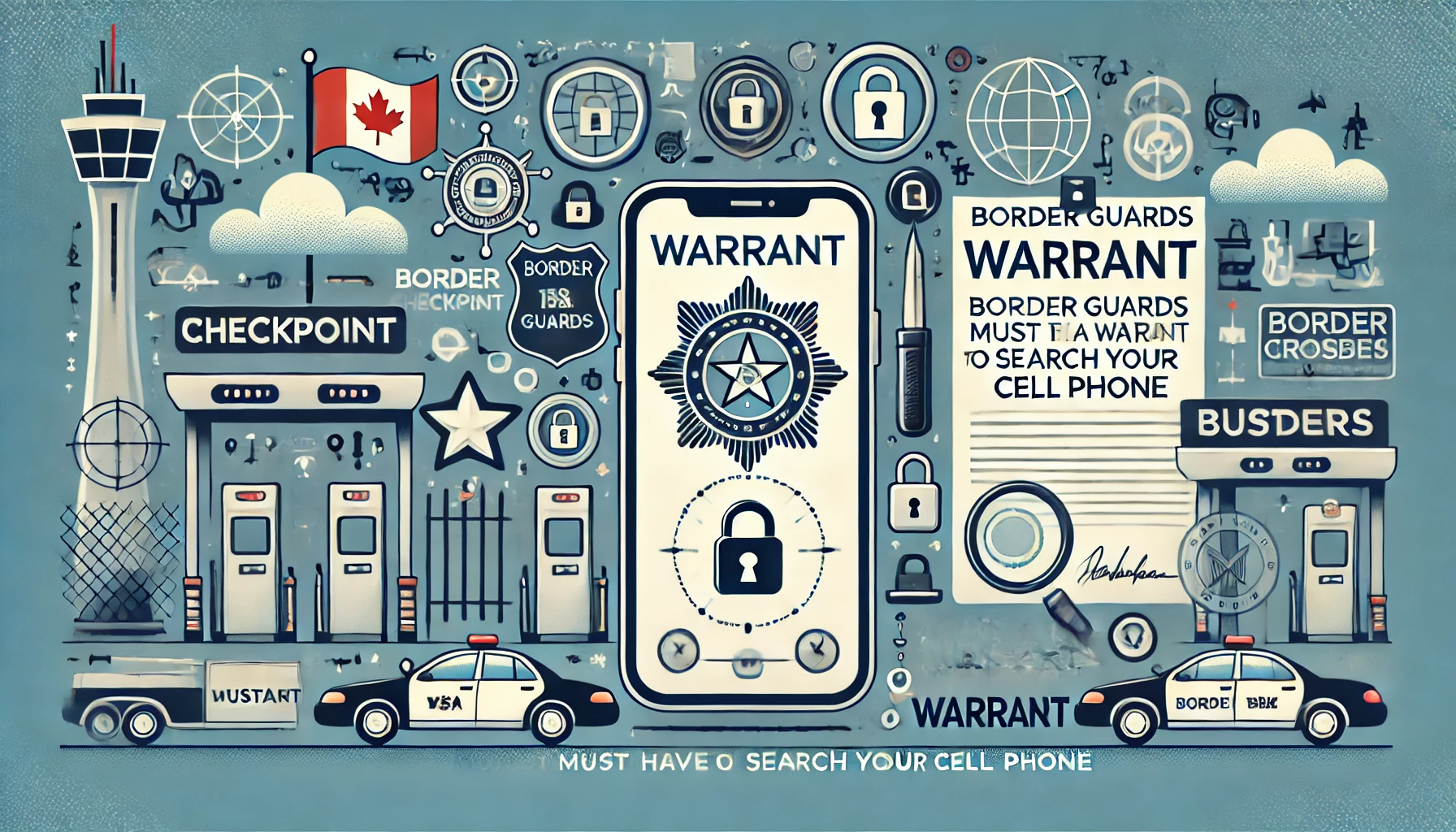July 29, 2024 In a landmark decision, a federal district court in New York has ruled that U.S. border agents must obtain a warrant before searching the electronic devices of Americans and international travelers crossing the U.S. border. This ruling, delivered on July 24, challenges the U.S. government’s long-standing legal position that federal border agents can access travelers’ devices at ports of entry without a court-approved warrant.
Civil liberties groups have welcomed the ruling, emphasizing the importance of privacy rights. Scott Wilkens, senior counsel at the Knight First Amendment Institute, stated, “The ruling makes clear that border agents need a warrant before they can access what the Supreme Court has called ‘a window into a person’s life.’” The ruling is significant as it affects the U.S. Eastern District of New York, including major airports like John F. Kennedy International Airport.
The case that led to this decision involved Kurbonali Sultanov, a U.S. citizen whose phone was confiscated by border agents at JFK Airport in 2022. Sultanov was compelled to provide his password, leading to the discovery of alleged child sexual abuse material on his phone. Sultanov moved to suppress the evidence, arguing that the search violated his Fourth Amendment rights. The court agreed, ruling that the warrantless search was unconstitutional but acknowledged that the government acted in good faith at the time, thus dismissing Sultanov’s motion to suppress the evidence.
This decision underscores the ongoing debate over privacy rights at U.S. borders. The judge referenced an amicus brief arguing that warrantless searches also violate the First Amendment by potentially chilling press activities and other freedoms protected by the amendment. The ruling may have far-reaching implications, as it sets a precedent that could influence future legal battles over border search practices. Federal prosecutors have not yet indicated whether they will appeal the decision to the U.S. Court of Appeals for the Second Circuit.
With over 41,700 device searches conducted by the federal border agency in 2023, according to CBP data, this ruling could significantly impact how such searches are conducted in the future. While lawmakers have previously attempted to close the border search loophole through legislation, the issue may ultimately be resolved by the Supreme Court unless legislative action is taken sooner.



